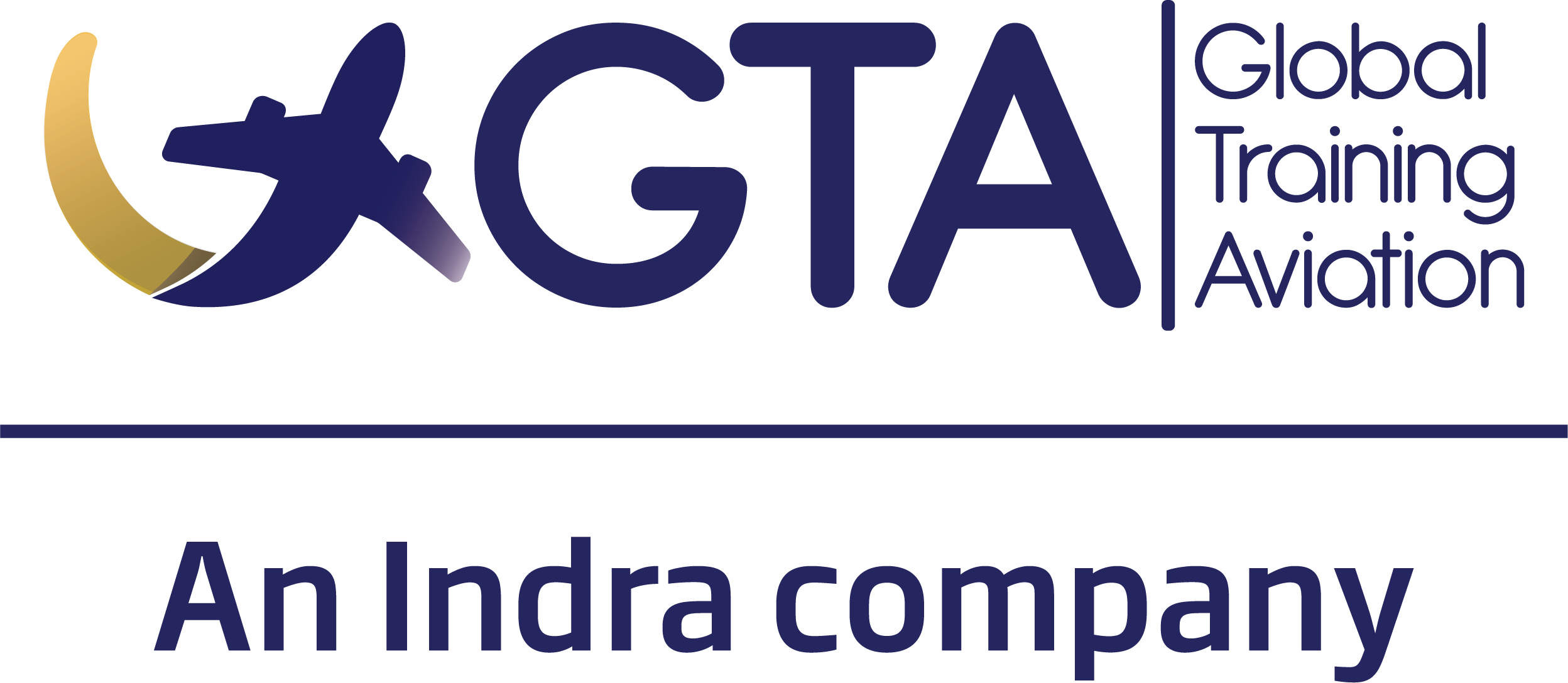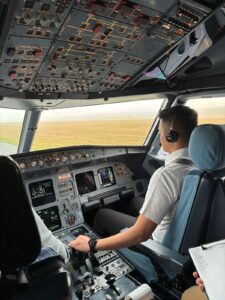In a joint effort to support young pilots on their path to a successful aviation career, the Official College of Commercial Aviation Pilots (COPAC), the Spanish Airline Pilots’ Union (SEPLA), and Global Training Aviation (GTA) are pleased to announce the call for the 2nd Edition of the Carlos Salas Scholarships. These scholarships aim to overcome the economic barriers faced by aspiring pilots while honoring the memory of Carlos Salas (1961-2021) and his dedication and work in favor of the pilot profession. In this article, we will explore in detail the opportunities provided by these scholarships for aspiring pilots in Spain.
Expansion of the Scholarship Program
Following the resounding success of the 1st Edition of the Carlos Salas Scholarships, the program has experienced exciting growth this year. The number of available scholarships has significantly increased, going from 2 to a total of 8 scholarships. These are divided into 3 gold scholarships and 5 silver scholarships, providing young pilots with the opportunity to fully or partially finance the type rating course for the aircraft of their choice. It is worth noting that base training, landings, and takeoffs are not included in the scholarships.
The Value of the Scholarships
The Carlos Salas Scholarships offer an excellent opportunity for aspiring pilots as they alleviate the financial burden associated with obtaining a pilot’s license. These scholarships cover the costs of the type rating, which represents a significant boost for those seeking specialization in aircraft such as the A320, B737, ATR 500, or ATR 600. Furthermore, the endorsement of recognized institutions like COPAC, SEPLA, and GTA provides scholarship recipients with an additional advantage in terms of credibility and recognition within the aviation industry.
Requirements and Application Process
Individuals interested in applying for the Carlos Salas Scholarships must meet certain requirements established by the organizers. These include, among others, being a resident in Spain, holding Spanish nationality or legal residency in the country, and possessing a valid commercial pilot license issued by the State Aviation Safety Agency (AESA) or the European Union Aviation Safety Agency (EASA). Additionally, academic performance and technical skills of the applicants will be considered.
The application process consists of several stages, including the submission of the required documentation, a thorough review of the applications by the evaluation committee, and a final phase of personal interviews. Detailed information regarding the requirements and application process can be found on the official Carlos Salas Scholarships website.
The Carlos Salas Scholarships represent a unique opportunity for young pilots in Spain who aspire to make their dream of becoming professional pilots a reality.





